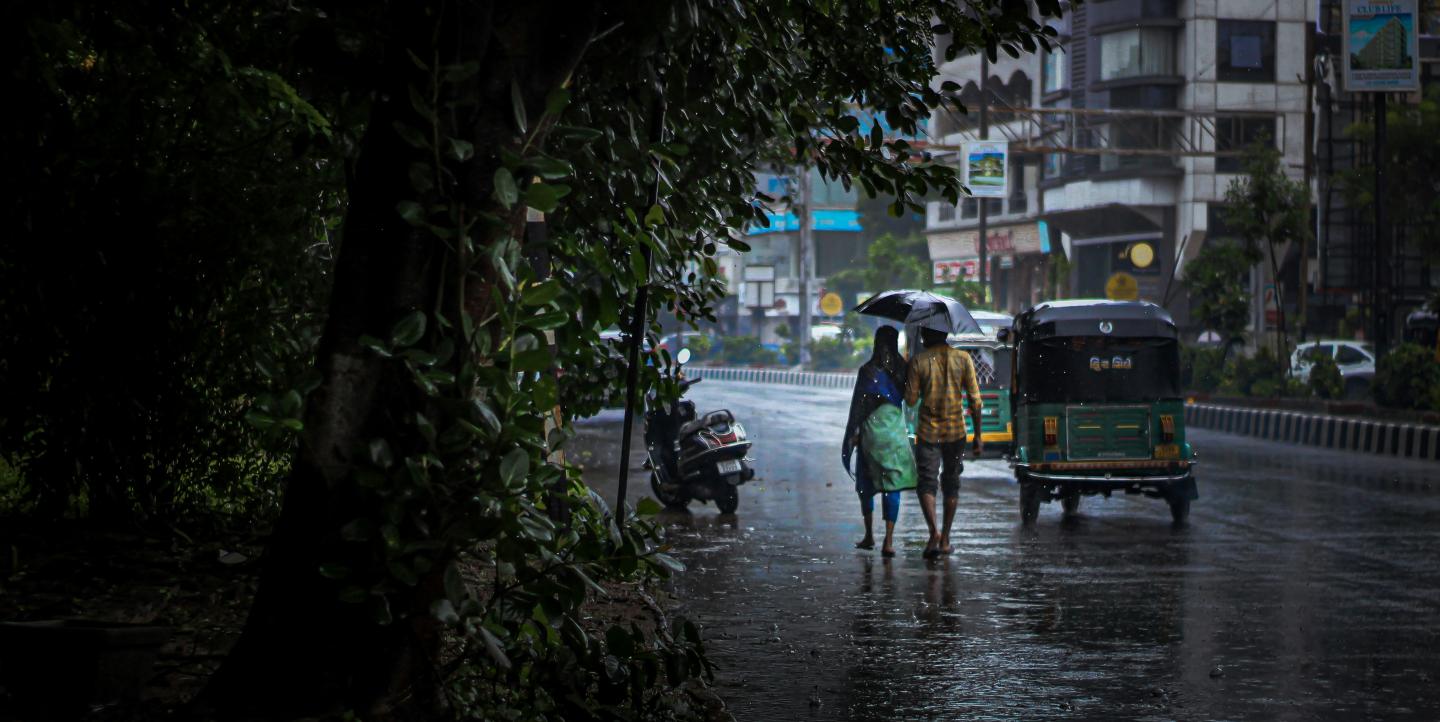Over the past decade, India’s media landscape has undergone a significant transformation: increasingly, freelancers are at the forefront of critical independent reporting while mainstream media aligns itself with state narratives.
"In the late 1990s and early 2000s, we saw an explosion of media outlets," said Mohammad Reyaz, media expert, former journalist and assistant professor of communications at Aliah University. "There was diversity [and] a plurality of voices. But the space for independent journalism began to shrink. Now, freelancers are the ones stepping in to fill the void, often at great personal risk."
As they fill this gap — reporting on issues that affect their communities, violence, and financial insecurity, among other topics — freelancers are also navigating a growing mental health crisis, one fueled by physical attacks and online abuse, government censorship and legal harassment.
These reporters are struggling with trauma, anxiety and burnout, as a result. And few have access to critical mental health resources.
Physical violence and online attacks
In an era of shrinking press freedom and rising violence against minorities in the country, independent reporters — many from marginalized backgrounds themselves — are often targeted by extremist groups and online troll armies.
“They can be victims of violence, from police officers and political activists, as well as criminal groups and corrupt local officials. Proponents of Hindutva, the ideology of the Hindu far right, call for popular revenge against critics branded as 'traitors' and 'anti-national,'” reads Reporters Without Borders (RSF)’s profile of the country.
This situation is particularly dire for women journalists, who endure gendered abuse and threats of violence simply for doing their jobs.
Sumaiya Ali, a New Delhi-based freelance journalist, who reports on violence against minorities, was accustomed to the risks that accompany being a woman and covering this beat. However, when a right-wing journalist accused her of "instigating tensions" on X, formerly Twitter, after she wrote an article on how the mistreatment of Muslim students is becoming more commonplace, she said the fallout was immediate. Her inbox was flooded with hate messages, leading to threats, harassment and, for her, profound psychological distress.
"For days, I kept my Twitter account locked," she said. "The threats never came with a name or a face, but they felt real. I wanted to [get] out of that zone immediately."
Censorship and government crackdowns
India ranked 159th out of 180 countries in RSF’s 2024 World Press Freedom Index. The analysis documents how state actors are responsible for over half of all reported attacks on journalists: independent journalists face increased hostility for reporting on issues critical of the government, including human rights violations, political corruption, and religious violence.
"[Freelancers] frequently find themselves doxxed, threatened or sued," said Reyaz. "Some are even imprisoned on spurious charges."
Crackdowns on press freedom have also intensified through legal harassment, online smear campaigns, and physical threats, creating an environment of fear, and leading reporters to self-censor. "Sometimes, I space out sensitive pieces, publishing a few neutral stories in between to avoid drawing too much attention," said Ali.
Covering issues that hit close to home
Journalists, particularly those covering violence against minorities, are also navigating consequences of reporting on traumatic events affecting their own communities.
"Journalists working on communal violence in the country often develop PTSD-like symptoms because the psychic disturbance generated from such conditions extend beyond the reporting moment,” said Dr. Sabah Siddiqui, a psychodynamic psychotherapist who has worked with several media professionals. “Many of these journalists are from minority or disadvantaged backgrounds themselves and often perceive attacks on their community as personal, [and] feel directly targeted when reporting on such issues.This leads them to struggle with intrusive thoughts, sleeplessness, and feelings of alienation in their everyday lives."
Dr. Abhay Kumar, a veteran journalist who has reported on issues affecting minority groups for over two decades, has experienced this firsthand. "When you watch videos of bulldozers demolishing homes of minorities, mobs lynching people or police brutalizing protesters, you internalize that pain,” he said. “It wears you down.”
Exposure to violence
Kashmiri freelance journalists similarly experience psychological pressures due to violence in the region and the state’s relentless crackdown on the press.
Years of witnessing mothers grieving for loved ones has left deep emotional scars on Rayees Ahmad*, a photojournalist who reports on conflict in the region. “I have nightmares wherein I see my mother wailing,” he said.
Covering conflict-related events exposes journalists like Ahmad to physical danger, including crossfire, explosions and mob violence. The unpredictability of the situation, in which a routine assignment can turn life-threatening, creates chronic anxiety, he explained. Meanwhile, a lack of mental health support leaves journalists to cope in isolation. “There is this weird feeling of helplessness and survivor’s guilt,” he said.
Economic precarity compounds stress
Financial instability exacerbates the mental health crisis. Most freelancers work without contracts, health insurance, mental health resources, and receive meager compensation for their work.
"Even if you are paid, it is never proportional to the time you invest or the risks you take," said Reyaz. "Many journalists I know have quit reporting entirely, shifting to safer careers in academia, NGOs or corporate communications."
Economic insecurity is particularly severe for journalists outside of major cities. "In Delhi or Mumbai, some journalists have networks or backup plans," said Reyaz. "But in smaller towns, a freelancer facing threats or harassment has nowhere to turn. There have been cases where journalists were driven to suicide because of financial and professional pressures."
Many freelancers have even left India to pursue careers with seemingly fewer challenges. For Ali, however, the answer is not so simple. "If we don’t tell these stories, who will?" she said. "How long can we keep going? That’s the real question."
*The source's name has been changed to protect their identity
Photo by Priyash Vasava on Unsplash.


